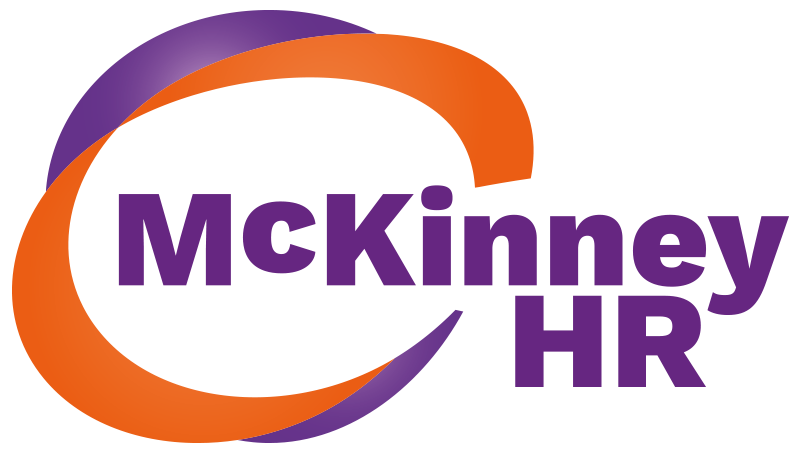Some Facts and Figures
In 2023, age and sex discrimination are still common, with 12% of age-related and 9.6% of sex-based discrimination cases brought to employment tribunals. Additionally, 21% of people from ethnic minority backgrounds reported workplace discrimination due to their ethnicity, and 15% of disabled individuals faced discrimination based on their disability (Heather M. Collins – Attorney at Law) (NCVO).
What role does language play in discrimination?
There is power in language. Language plays a huge role in both spreading and addressing workplace discrimination. Offensive, discriminatory, and exclusionary language can create a hostile work environment, further marginalising affected individuals. Gendered language can reinforce stereotypes, while ageist language can devalue older employees. Not addressing such language can silence victims and make harmful behaviours seem normal.
Language matters because much of the discrimination and alienation in the workplace occurs through what is said or implied. Being able to name and address issues properly is essential in addressing discrimination. Here are some terms you may find helpful in developing some fluency.
- Gaslighting: Manipulative behaviour designed to make someone question their reality or sanity.
- Institutional Betrayal: When an institution causes harm to those who depend on it, such as covering up or ignoring discrimination.
- Microaggressions: Small, often unintentional, comments or actions that convey prejudice.
- Macroaggressions: Overt and intentional discriminatory acts.
Code Switching: Altering one’s language, behaviour, or appearance to fit into the dominant culture. - Affinity Bias: showing favouritism towards individuals who share similar interests, backgrounds, or experiences.
- Confirmation Bias: Tendency to search for, interpret, and remember information that confirms one’s preconceptions.
- White Fragility: Discomfort and defensiveness on the part of white people when confronted with information about racial inequality and injustice.
- White Comfort: The expectation that discussions about race should prioritise the comfort of white people.
- Victim Blaming: Holding the victim of discrimination responsible for the harm that has been inflicted upon them.
- Allyship: Actively supporting and advocating for marginalised groups to promote equality and inclusion.
How can people management help in creating fairer workplaces?
Human Resources (HR) teams play an important role in understanding and addressing issues of discrimination. HR professionals have the responsibility of ensuring that those who raise concerns are supported and protected from further alienation or victim blaming. They can help create a supportive environment by implementing comprehensive anti-discrimination policies, creating clear and confidential reporting procedures, and promoting a culture of inclusion, dignity, and respect.By acknowledging the power of language and taking decisive actions against discriminatory behaviours, we can create more equitable and inclusive work environments. If employee experience or witness discrimination, it’s important there is safe climate to speak out and seek support from appropriate channels within your organisation or external legal resources.
Workplace discrimination is a pressing issue that requires continuous effort to address. By understanding the impact, it can have on employee wellbeing and talent retention. we should continue promoting inclusive practices. This can lead towards a more fair and inclusive work environment for all. HR professionals play a vital role in this effort by supporting those who raise concerns and ensuring that all employees are treated with respect and fairness.
